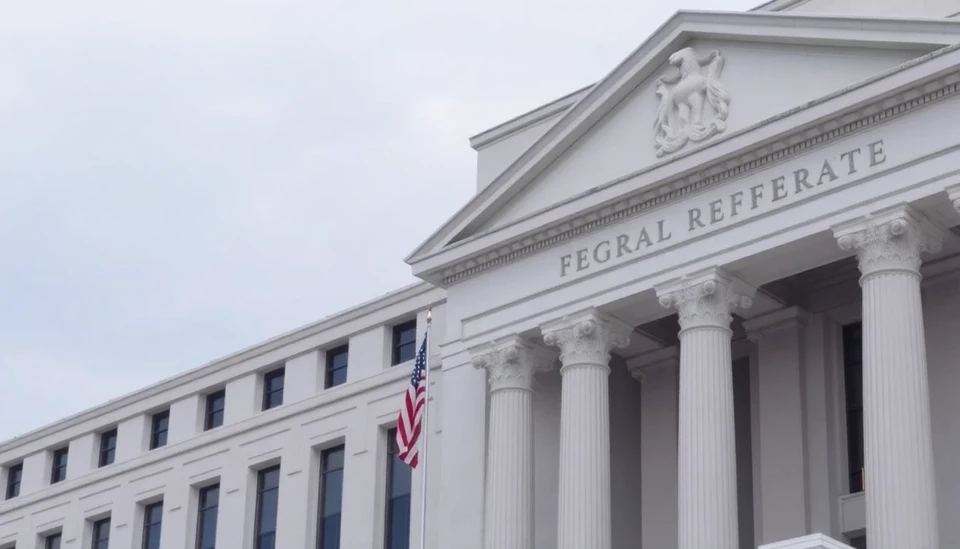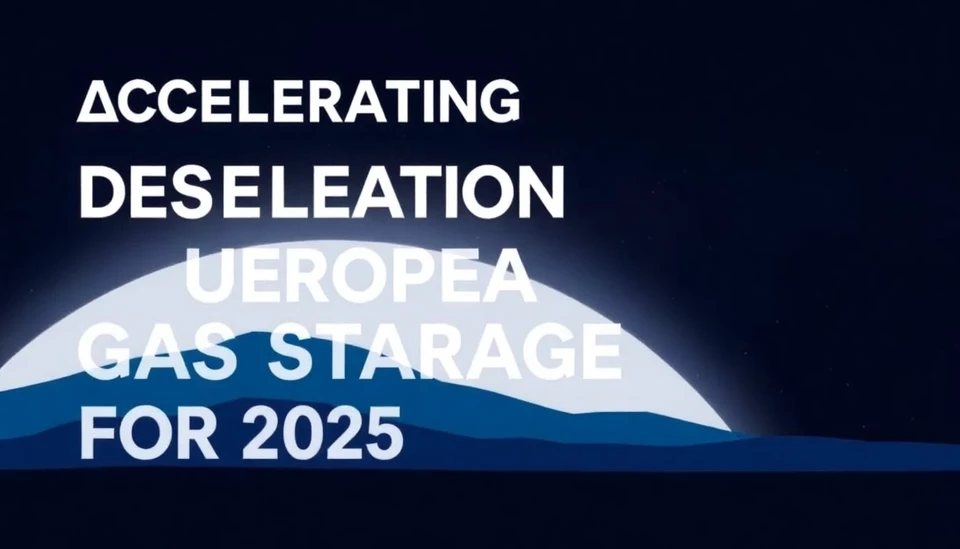
ECB Issues Caution: Regulatory Incentives for Defense Lending Could Be Risky
The European Central Bank (ECB) has recently raised alarms regarding potential regulatory incentives aimed at boosting lending to defense sectors within the Eurozone. This announcement comes amid broader discussions about the need for increased military spending in light of geopolitical tensions, particularly regarding the conflict in Ukraine and other global security concerns.
Continue reading
Ray Dalio Warns of a Once-in-a-Lifetime Economic Breakdown
In a striking declaration that has captivated the attention of the financial world, billionaire investor Ray Dalio has asserted that we are witnessing a significant economic event that he describes as a "once-in-a-lifetime major breakdown." This statement comes as a warning that the current economic landscape is fundamentally shifting, prompting questions about the implications for both investors and consumers alike.
Continue reading
Federal Reserve's Jefferson Assesses Interest Rates Amid Economic Uncertainty
In recent statements, the Federal Reserve's Vice Chairman for Supervision, Michael S. Jefferson, emphasized the current stability of interest rates in the face of rising economic uncertainties. Speaking at a conference, Jefferson articulated that the Federal Reserve is well-positioned to navigate potential headwinds that may arise as inflation metrics fluctuate and global economic conditions evolve.
Continue reading
China's Services Sector Sees Unexpected Growth Amid Trade Challenges
Recent data indicates that China's services sector is experiencing a notable surge, even as the broader economy faces growing pressures from international tariffs. As reported, the growth in service activities rose to levels not seen in several months, reflecting a resilient response from sectors such as retail and technology. This positive trend emerges at a time when the nation's overall economic landscape is under strain due to external trade conflicts, predominantly with the United States.
Continue reading
Malaysia's Central Bank Warns of Economic Growth Challenges Ahead
In a recent statement, Bank Negara Malaysia (BNM), the country's central bank, outlined significant obstacles that the Malaysian economy is likely to face in the coming years. This announcement comes as policymakers grapple with a landscape marked by a slew of economic uncertainties both at home and globally.
Continue reading
Geopolitical Risks Threaten Ireland's Economic Stability, Warns Central Bank Governor Makhlouf
In a recent statement, Gabriel Makhlouf, the Governor of the Central Bank of Ireland, has expressed growing concerns regarding the potential impact of geopolitical tensions on the Irish economy. His remarks come amid a complex global landscape where various conflicts and political uncertainties could significantly disrupt economic growth.
Continue reading
The Accelerating Depletion of European Gas Storage: A Critical Turning Point for 2025
As we step into 2025, European gas storage facilities are experiencing a remarkable depletion rate, the fastest observed since 2018. This development raises significant concerns amidst ongoing geopolitical tensions and fluctuating market dynamics, particularly in the context of energy security and pricing within the continent.
Continue reading
Israel's Central Bank Decision: Holding Rates Amidst Rising Inflation from Conflict
In a pivotal moment for Israel's economy, the country's central bank is poised to maintain interest rates steady in light of intensifying inflationary pressures exacerbated by ongoing regional conflicts. This decision reflects a careful balancing act by monetary policymakers who are faced with the dual challenges of sustaining economic stability while managing the fallout from the war.
Continue reading
Oil Market Insights: December 31, 2024 – What You Need to Know
The global oil market is facing a multifaceted landscape as we enter 2024, with various influential factors shaping the commodity’s pricing and supply dynamics. Traders and analysts are keenly observing these trends, as the end of the year approaches, while the world continues to grapple with geopolitical unrest and fluctuating demand patterns.
Continue reading
The Dilemma of the ECB: Navigating Political Pressures in Bond Markets
In the latest discourse surrounding the European Central Bank (ECB), executive board member Joachim Nagel has articulated a pressing concern: the limitations of the ECB in addressing the political ramifications affecting the bond markets. Nagel’s observations shed light on the intricate balance that central banks must strike between monetary stability and political realities.
Continue reading